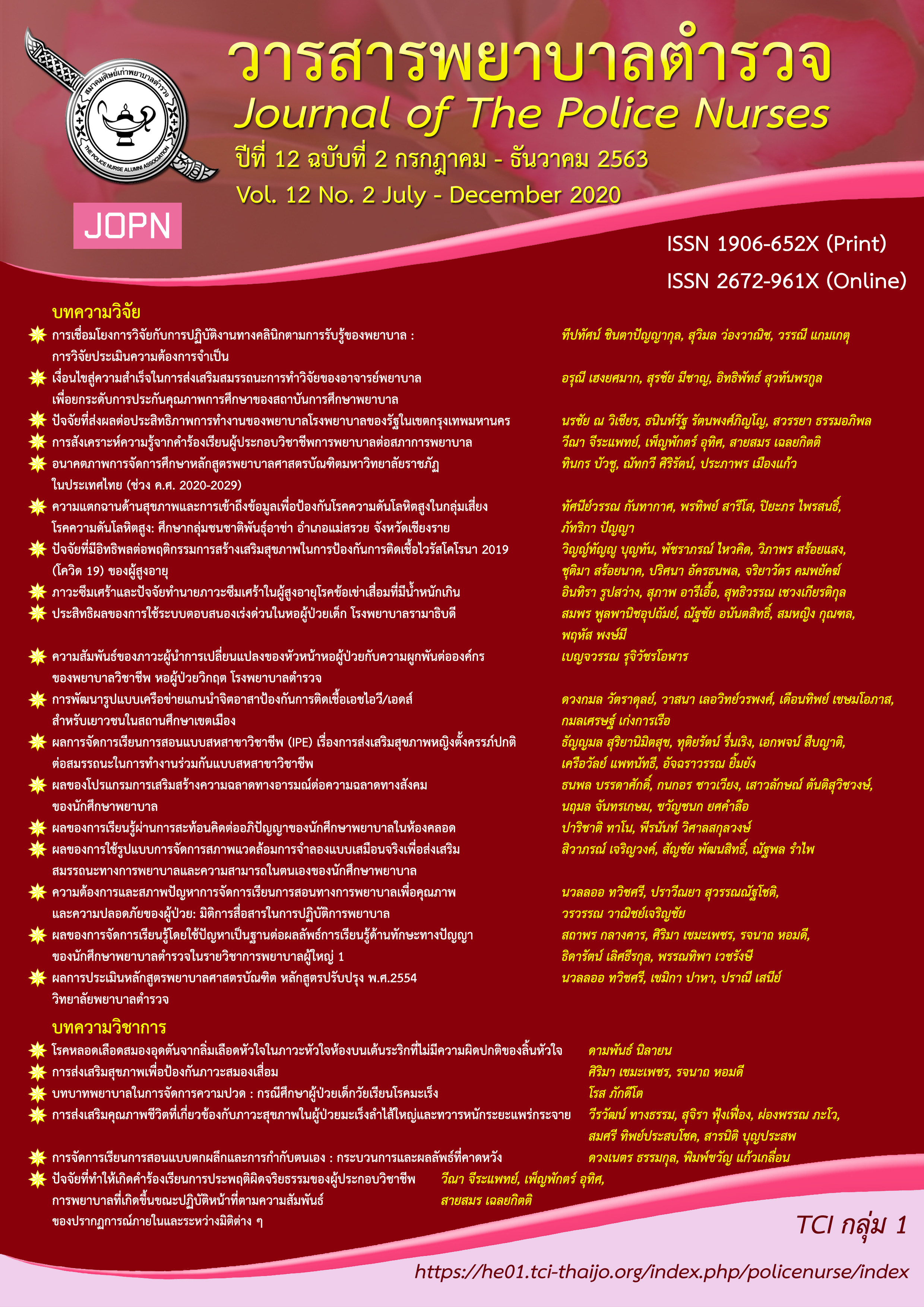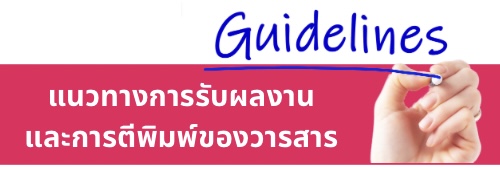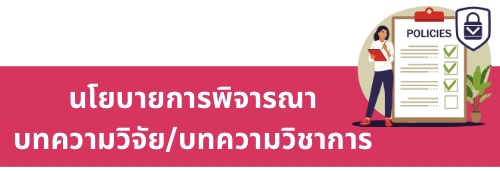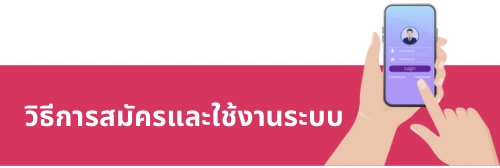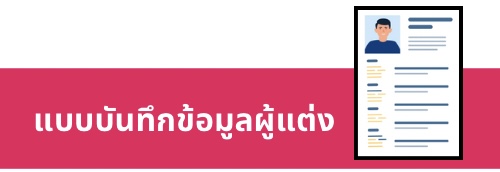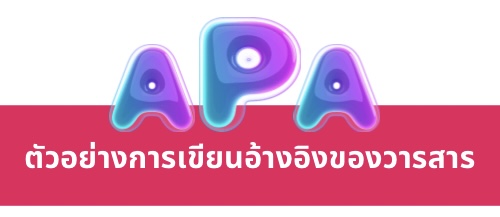ผลของการเรียนรู้ผ่านการสะท้อนคิดต่ออภิปัญญาของนักศึกษาพยาบาลในห้องคลอด
คำสำคัญ:
การเรียนรู้ผ่านการสะท้อนคิด, อภิปัญญา, นักศึกษาพยาบาลบทคัดย่อ
การวิจัยกึ่งทดลองนี้มีวัตถุประสงค์เพื่อศึกษาผลของการเรียนรู้ผ่านการสะท้อนคิดต่ออภิปัญญาของนักศึกษาพยาบาลในห้องคลอด โดยใช้แนวคิดการสะท้อนคิดของ Gibbs’ reflective cycle ตัวอย่าง คือ นักศึกษาพยาบาลชั้นปีที่ 4 ปีการศึกษา 2562 คณะพยาบาลศาสตร์เกื้อการุณย์ มหาวิทยาลัยนวมินทราธิราช ขึ้นฝึกปฏิบัติในห้องคลอดโรงพยาบาลเจริญกรุงประชารักษ์ จำนวน 59 คน แบ่งเป็นกลุ่มทดลอง (30 คน) ได้รับการเรียนรู้ผ่านการสะท้อนคิด กลุ่มควบคุม (29 คน) ได้รับการเรียนตามปกติ เครื่องมือที่ใช้ในการวิจัยคือ รูปแบบการเรียนรู้ผ่านการสะท้อนคิด มีค่าดัชนีความสอดคล้องเท่ากับ .6-1.0 และแบบวัดอภิปัญญาโดยใช้คอมพิวเตอร์มัลติมีเดียสำหรับนักศึกษาพยาบาลมีความตรงเชิงโครงสร้างจากการวิเคราะห์องค์ประกอบเชิงยืนยันว่า โมเดลการวัดมีความสอดคล้องกับข้อมูลเชิงประจักษ์ (Chi-square=7.724, df=8, p=.461, GFI=.996, AGFI=.989, RMSEA=.000) และมีค่าสัมประสิทธิ์แอลฟาของครอนบาคเท่ากับ .71 วิเคราะห์ข้อมูลโดยใช้สถิติเชิงบรรยายและการทดสอบทีแบบ dependent และ independent
ผลการวิจัยพบว่า ค่าเฉลี่ยคะแนนอภิปัญญาของนักศึกษาพยาบาลหลังได้รับการเรียนรู้ผ่านการสะท้อนคิดสูงกว่าก่อนได้รับการเรียนรู้ผ่านการสะท้อนคิดอย่างมีนัยสำคัญทางสถิติ (p<.05) และค่าเฉลี่ยคะแนนอภิปัญญาของนักศึกษาพยาบาลกลุ่มที่ได้รับการเรียนรู้ผ่านการสะท้อนคิดสูงกว่ากลุ่มที่ได้รับการเรียนรู้ตามปกติอย่างมีนัยสำคัญทางสถิติ (p<.05)
Downloads
เอกสารอ้างอิง
Chae, M. O. (2015). Effects of a simulation-based program on self-directed learning ability, metacognition and clinical competence in a nursing student. Journal of the Korea Academia-Industrial cooperation Society, 16(10), 6832-6838.
Choocharn, N., Kowpairoj, P., & Kaewdounglek, S. (2017). Research report survey of graduate users' satisfaction on the quality of graduates who graduated in the academic year 2017, Kuakarun Faculty of Nursing. Kuakarun Faculty of Nursing, Navamindradhiraj University.
Dejamonchai, S., & Darnsawasdi, C. (2017). The use of learning activities to promote French beginning learners’ metacognition. Journal of Humanities, Naresuan University, 14(3), 1-14.
Flavell, J. H. (1985). Cognitive development. New Jersey, NJ.: Prentice-Hall.
Gibbs, G. (1988). Learning by doing: A guide to teaching learning methods. Oxford: Oxfords Brookes University.
Jacob, J. E., & Paris, S. G. (1987). Children’s metacognition about reading: Issue in definition, measurement and instruction. Educational Psychologist, 22(3&4), 255-278.
Junsaipan, T., Kajornsin, B., & Pongsophon, P. (2015). An evaluative model development of the metacognition in sciences learning for upper secondary students. Journal of Humanities and Social Sciences Mahasarakham University, 34(5), 44-60.
Kuiper, R. (2002). Enhancing metacognition through the reflective use of self-regulated learning strategies. The Journal of Continuing Education in Nursing, 33(2), 78-87.
Larsen, D. P., London, D. A., & Emke, A. R. (2016). Using reflection to influence practice: Student perceptions of daily reflection in clinical education. Perspectives on Medical Education, 5(5), 285-291.
Lee, M. N., Nam, K. D., & Kim, H. Y. (2017). Effects of simulation with problem-based learning program on metacognition, team efficacy, and learning attitude in nursing students. CIN: Computers, Informatics, Nursing, 35(3), 145-151.
Lutz, G., Roling G., Berger, B., Edelhäuser, F., & Scheffer, C. (2016). Reflective practice and its role in facilitating creative responses to dilemmas within clinical communication-a qualitative analysis. BMC Medical Education, 16, 301-309.
Medina, M. S., Castlebeery A. N., & Persky A. M. (2017). Strategies for improving learner metacognition in health professional education. American Journal of Pharmaceutical Education, 81(4), 1-14.
Pintrich, P. R. (2002). The role of metacognitive knowledge in learning, teaching, and assessing. Theory into Practice, 41(4), 219-225.
Sangwong, P., & Patarathitinant, S. (2012). The development of metacognition by using constructionism activities in the topic of evaluation for grade 12th students. The 2nd STOU Graduate Research Conference.
Thano, P., Kanjanawasee, S., & Pasiphol, S. (2018). Testing construct validity of metacognition scale of nursing students using confirmatory factor analysis. Kuakarun Journal of Nursing, 25(2), 7-20.
Wanchai, A., Saengpak, C., & Leaungsomnapa, Y. (2017). Learning and teaching methods by using reflective thinking technique in nursing education. Journal of Health Science Research, 11(2), 105-115.
Wisanskoonwong, P., & Sawangtook, S. (2015). Learning through reflective practice of nursing students in the delivery room: A qualitative research. Kuakarun Journal of Nursing, 22(2), 57-70.
ดาวน์โหลด
เผยแพร่แล้ว
รูปแบบการอ้างอิง
ฉบับ
ประเภทบทความ
สัญญาอนุญาต
ผลงานที่ได้ตีพิมพ์แล้วจะเป็นลิขสิทธิ์ของวารสารพยาบาลตำรวจ

